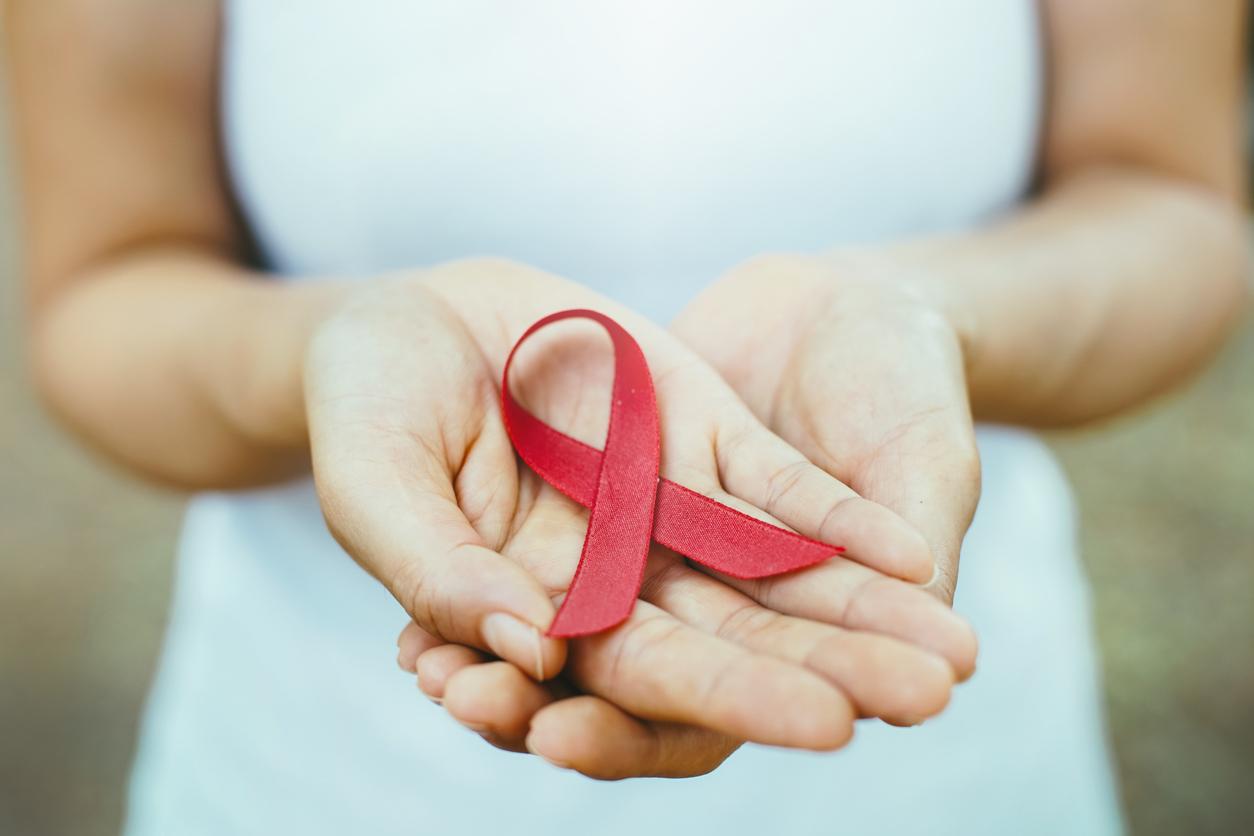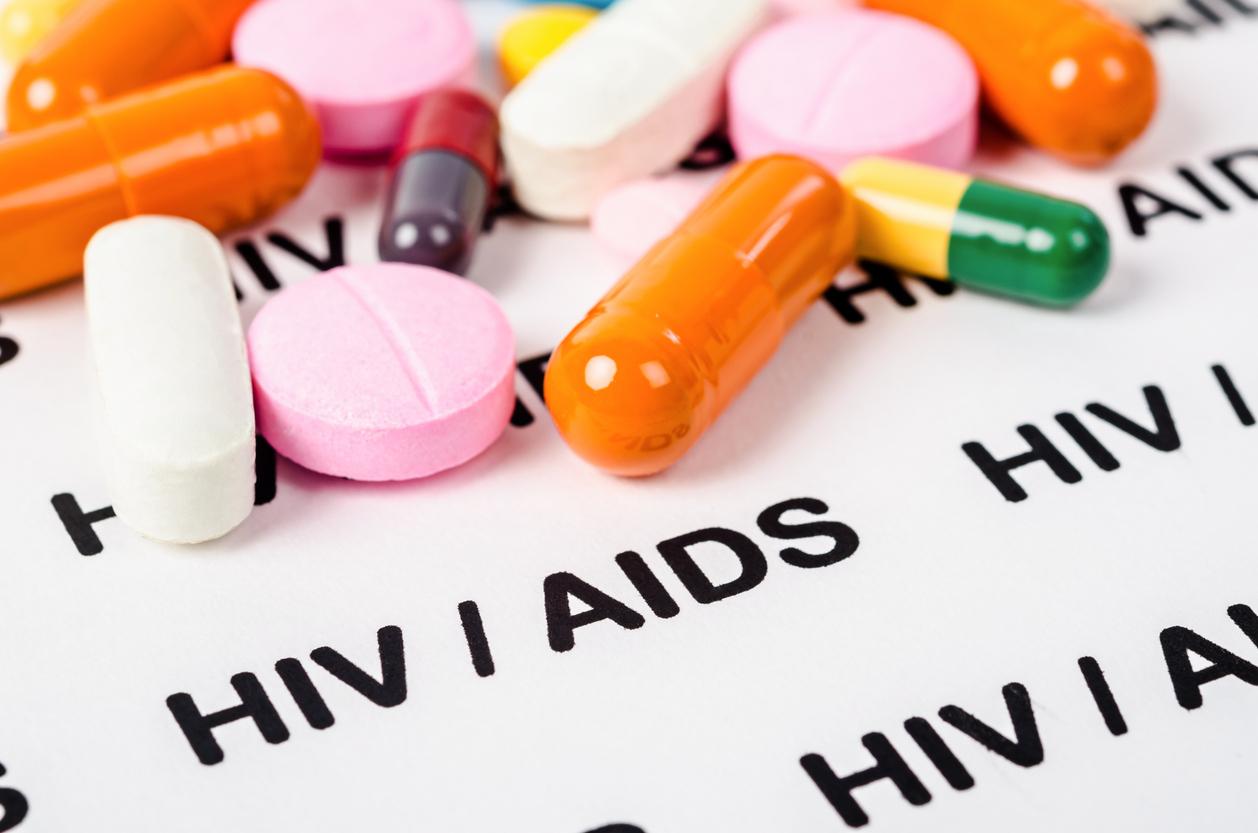More than 17 million people living with HIV worldwide do not have access to antiretroviral treatment. However, equal care is essential to control the epidemic.

AIDS is not a disease that is a thing of the past. Far from there. In 2015, nearly 37 million people living with HIV and more than 2 million new infections were recorded. But only 17 million patients benefit from antiretroviral treatment. “Equal access to healthcare” is the objective of the 21th international AIDS conference being held July 18-22 in Durban, South Africa. Some 18,000 researchers, doctors, political leaders and actors in the fight against AIDS from all over the world are expected to relaunch the battle against this disease.
Over the past 3 decades, more than 78 million people around the world have been infected with HIV, and 35 million people have died from AIDS-related illnesses. Thanks to prevention efforts and medical advances, patients in developing countries no longer die of AIDS. But in poor countries, especially in Africa, the ravages of AIDS are still present. Worse, new HIV infections have stagnated or even increased for 5 years, pointing to the delay in prevention in certain regions of the world. The objective set by the United Nations to end the epidemic by 2030 is therefore compromised.
Unless a new impetus is given to the war against AIDS. “We are sounding the alarm,” Michel Sidibé, UNAIDS Executive Director, said when publishing the report on the delay in prevention. The advantages of prevention are not exploited. If new HIV infections re-emerge, the epidemic will become unmanageable. The world must immediately take action to end the backlog in prevention. “
Strengthen funding
In Durban, different effective prevention options will be presented. France should unveil new results on the use of antiretrovirals for preventive purposes in HIV-negative people who will be at risk. This preventive treatment called pre-exposure prophylaxis (PrEP) has recently been approved in our country and is showing great promise. The Test and Treat strategy (screening and treating) – tested in South Africa – of prescribing antiretroviral therapy immediately after screening regardless of viral load to reduce the risk of transmission should also be at the heart of the debate.

Financial efforts will undoubtedly be a matter of concern. Because in order to curb the spread of the virus and eradicate the AIDS epidemic, new investments will have to be found. “Science, innovation and research have provided new and effective HIV prevention options,” said Michel Sidibé. Investing in innovation is the only way to guarantee the next breakthroughs, namely a cure or a vaccine ”. Also at the 21th international conference on AIDS, political decision-makers will be called upon to take this path in order to guarantee access to treatment for all patients. Marisol Touraine, ministers of social affairs and health, is expected in Durban on Tuesday.
.

















